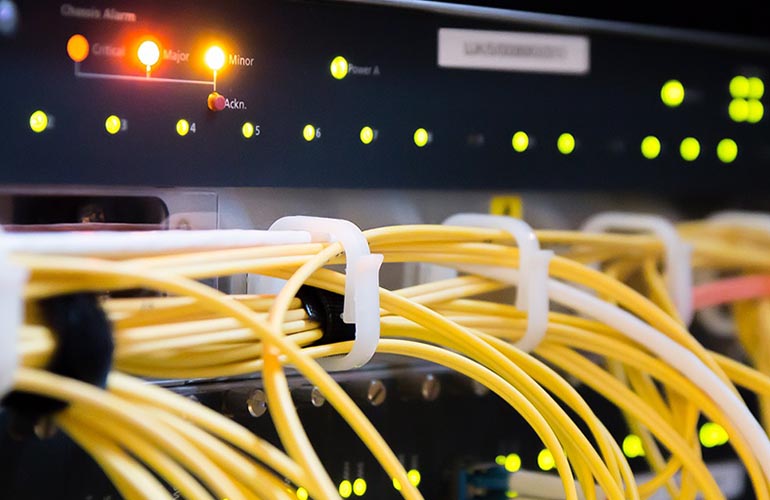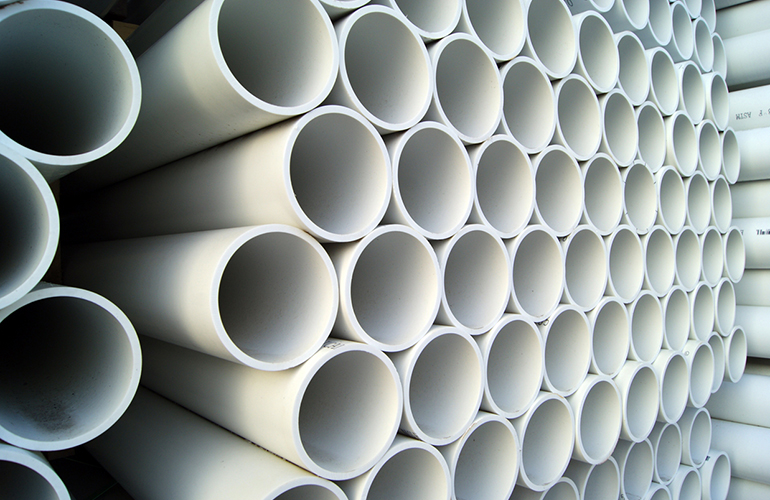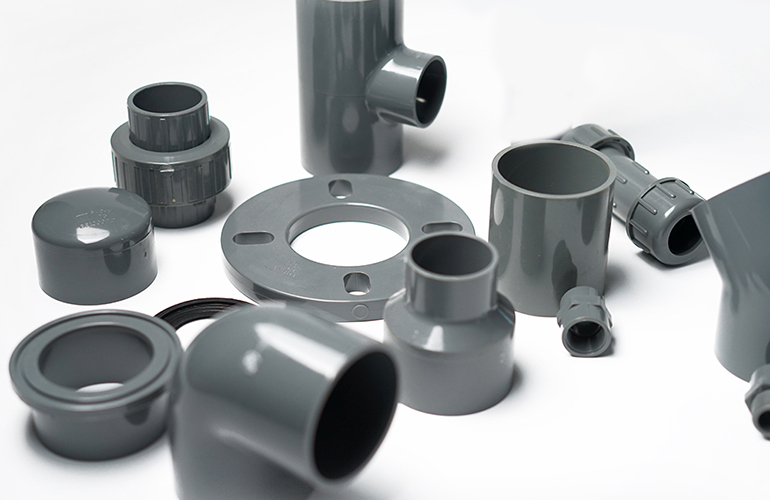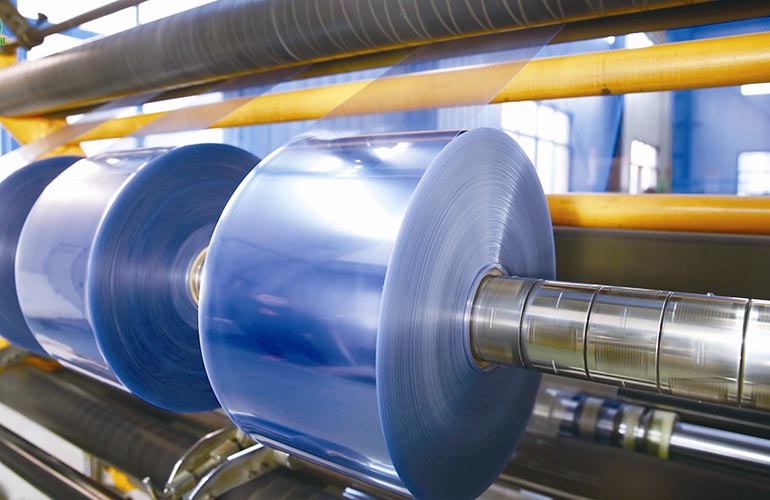PVC Compound Manufacturer
As a whole of research and development, production, sales and service company, we committed to improve the PVC product performance and reduce production cost.
An international company with a
commitment to customisation
We are at the forefront of PVC processing technology, incorporating more than 27years of manufacturing excellence in a comprehensive range of products. Our ISO-9001 certified facilities are focused on safety, quality and automation that provides the highest precision formulations and processing, in both powder and compounds forms.
Main Application
Injection,Extrusion and Blowing Moulding
-

E-mail
-

Phone
-

WeChat
Judy

-

Top

















